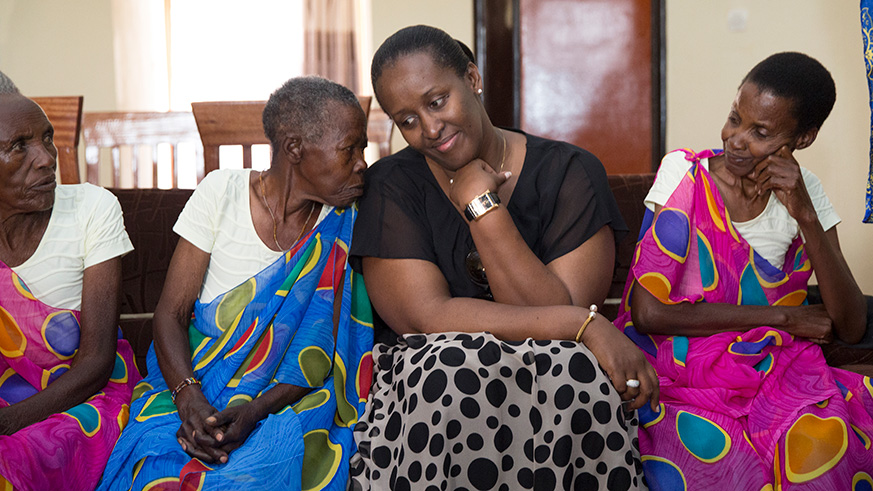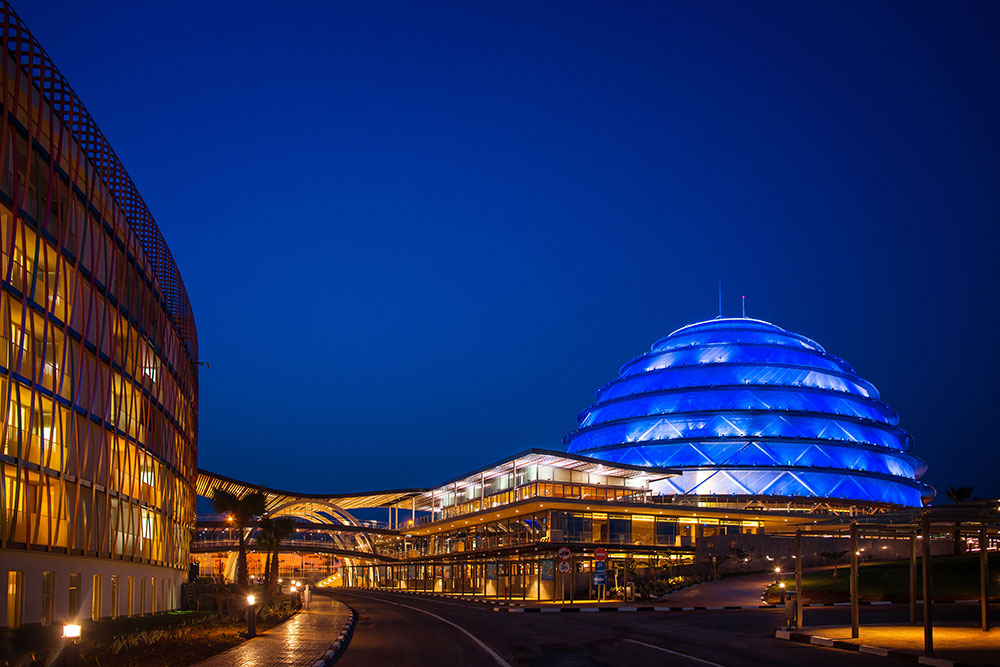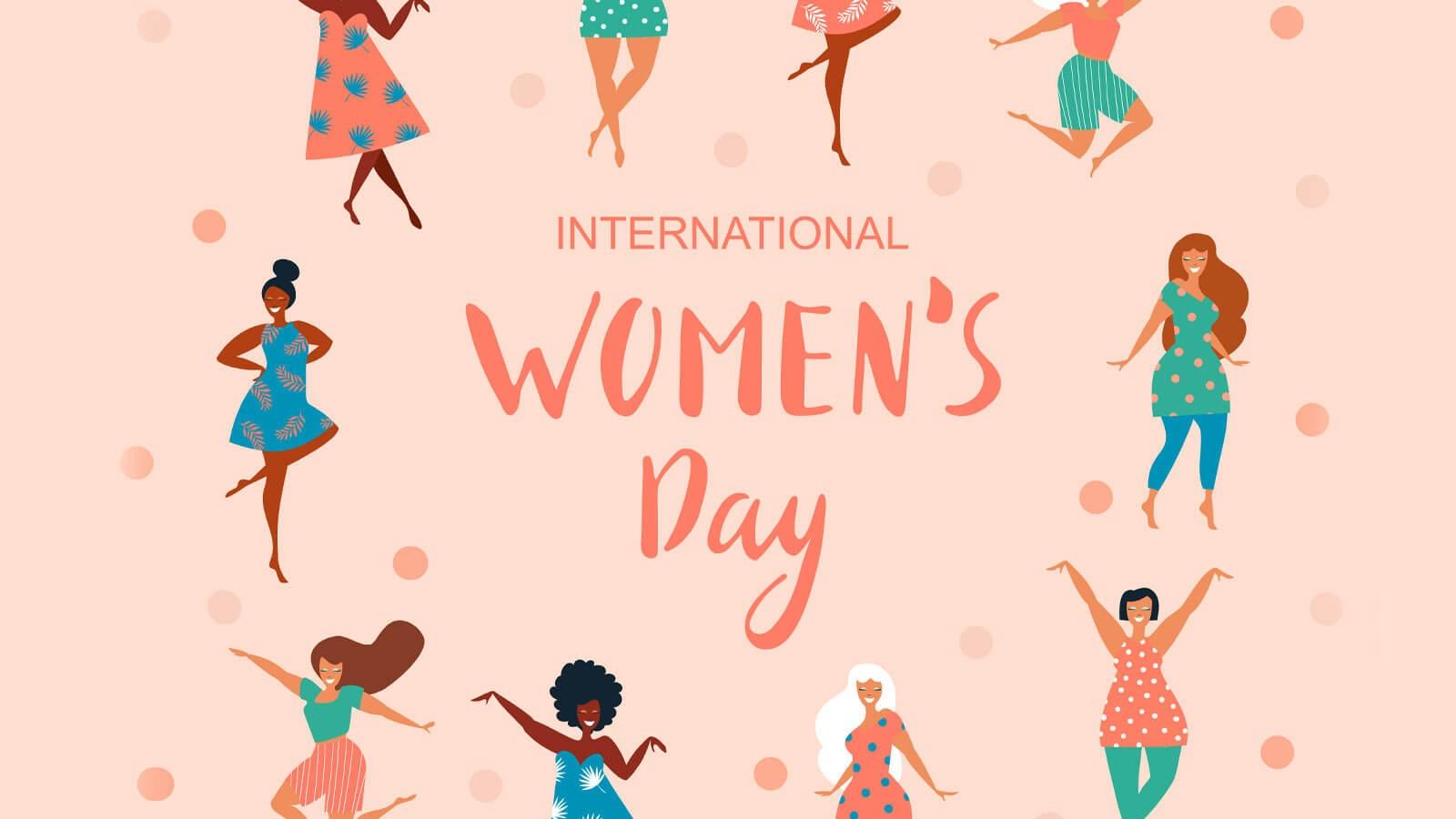Regional
Rwanda’s liberation goes beyond the victories of July 4
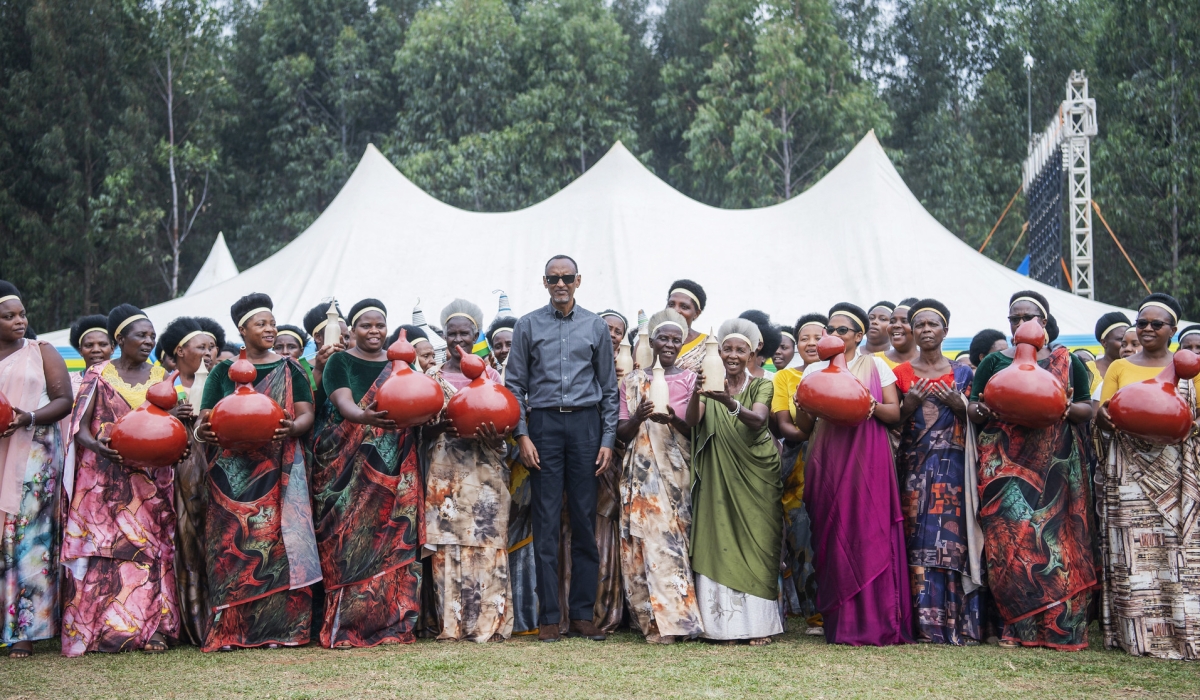
Liberation,
in its true essence, extends far beyond the mere act of winning a war or
gaining independence. While the achievement of liberation marks a significant
milestone in the history of a nation or a community, it is crucial to recognize
that true liberation encompasses more than just political or territorial
freedom. It is a holistic approach that addresses the social, economic, and
cultural aspects of the lives of those who have been liberated.
Rwanda
marked its 29th liberation on July 4.
It is
important to recognize the significant achievements the country made in women
empowerment since the devastating 1994 Genocide against the Tutsi. These
accomplishments set Rwanda apart not just in Africa but on a global scale.
Rwanda
proudly boasts the highest rate of female labor force participation worldwide, a
remarkable feat that highlights the strength and contributions of Rwandan women
when gender equality becomes a political priority.
Currently,
an impressive 86 percent of Rwandan women actively participate in the national
labor market. Furthermore, they hold 55 percent of government cabinet positions
and 61.3 percent of seats in parliament. These statistics demonstrate the
strides Rwanda has taken in the past 29 years, thanks to the exceptional contributions
of its women.
In
1994, Rwanda was left in ruins, with a shattered economy and a society deeply
scarred by the horrendous events. The progress the country has achieved since
then was unimaginable at the time. In less than three decades, Rwanda lifted
over a million of its citizens out of poverty through sustained economic
growth. Additionally, the proportion of the population living in extreme
poverty significantly decreased from 35.8 percent to 16 percent between 2005
and 2017.
While
the objective remains the eradication of extreme poverty, Rwanda firmly
believes it is on the right path to achieving this goal. The transformation
that has taken place would not have been possible without the unleashed talents
and abilities of Rwandan women. This progress has not only benefited the
economy but has also profoundly changed the fabric of Rwandan society.
Rwanda
was historically a patriarchal society with limited opportunities for women in
leadership roles. However, the aftermath of the genocide disrupted the old
social order and prompted the post-genocide government to recognize the crucial
role of women in fostering forgiveness, reconciliation, and peacebuilding. As a
result, equality of opportunity and representation became central to Rwanda's reconstruction
policies.
The
empowerment of Rwandan women is intricately linked to the country's vision and
the transformation it has undergone since 1994. Research shows that improving
gender equality contributes to reconciliation, peacebuilding, economic growth,
poverty reduction, societal well-being, and sustainable development—outcomes
that Rwanda has experienced firsthand.
Rwanda
faced significant challenges in dismantling deeply ingrained patriarchal norms
and building a more equitable society. The country implemented innovative
mechanisms to promote women's representation and inclusion. The Ministry of
Gender and Family Promotion spearheaded policies that positioned Rwanda as one
of the most female-friendly nations globally by identifying and amending or
repealing gender-discriminatory laws. Civil society groups, including
organizations like Pro-femmes Twese Hamwe, played a crucial role by offering
free legal aid to women and educating men about gender-based violence.
Reforms
were introduced to enable women to register land titles and use their land as
collateral for loans, fostering their financial independence. Additionally,
Rwanda prioritized girls' education and created incentives for them to pursue
traditionally male-dominated subjects, leading to a significant increase in
female enrollment in STEM fields, which currently stands at 46.2 percent.
Rwanda's
collective commitment to inclusivity and the hard-won achievements of its women
are propelling the country toward a brighter future. This progress not only
benefits its citizens but also allows Rwanda to serve as a safe haven for those
seeking refuge and opportunities. Rwanda's decision to accommodate the School
of Leadership Afghanistan (SOLA), an all-girls boarding school, further
demonstrates the country's compassion for those fleeing danger and its
recognition of the importance of empowering girls to succeed.
Rwanda
acknowledges that no country is perfect.
The
remarkable progress made in the past 29 years positions the country as a nation
capable of providing sanctuary to those in need of safety and opportunities.
With a
steadfast commitment to its responsibilities, Rwanda is poised to continue
embracing this role in the future.


.jpeg-20221214055432000000.jpeg)
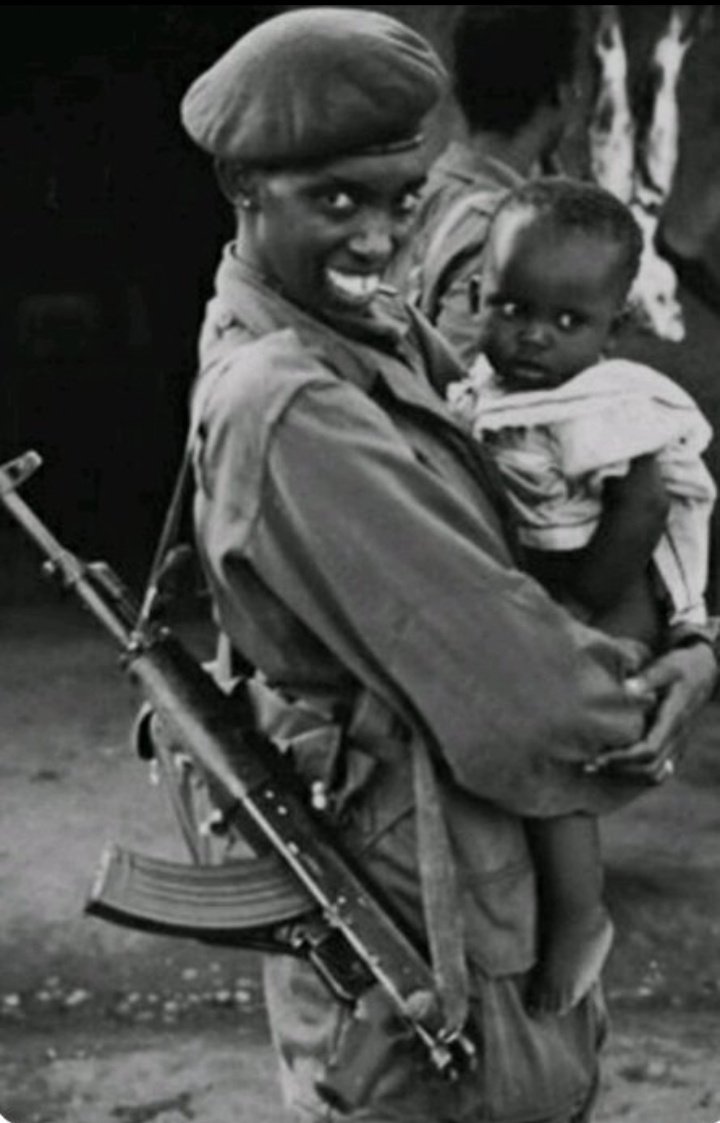
.jpeg-20230703062745000000.jpeg)
